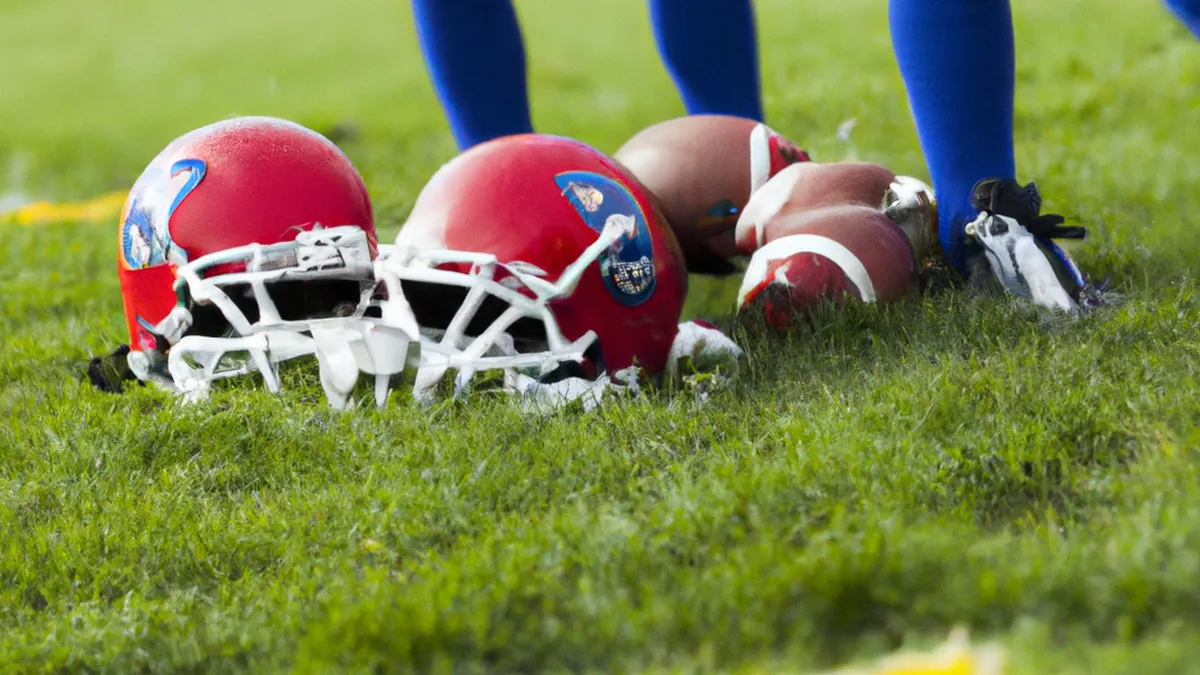Adapting Strategies for Pick-and-Roll Mastery
The Role of Adaptability in Sustaining Pick-and-Roll Success
The pick-and-roll is a fundamental basketball play. It requires timing, teamwork, and strategic thinking. Successful teams adapt their approach. Flexibility can make the difference between winning and losing. This blog post explores adaptability’s role in sustaining pick-and-roll success.
The Essence of the Pick-and-Roll
The pick-and-roll involves two players. One player sets a screen while the other drives toward the basket. This action creates scoring opportunities. However, it can become predictable. Defenses often catch on, making adaptability crucial.
Teams relying solely on the traditional pick-and-roll may struggle. Defenses learn to counter it. Thus, teams must evolve their strategy. They need variations to keep opponents guessing. This helps maintain the play’s effectiveness.
Tips for Adapting the Pick-and-Roll
Read the Defense
Players must constantly assess the defense. If defenders switch on a pick, the offensive player should exploit mismatches. For instance, guards can take advantage of slower big men. This creates an immediate scoring opportunity.
If defenders overcommit, the ball handler must recognize openings. They can pass to a shooter or find a rolling big man. Recognizing these cues is critical.
Vary the Screen
Not all screens are the same. Players should experiment with different types of screens. For example, they can use flat screens, slip screens, or staggered screens. Each type can confuse defenders and create space.
Players should also change the screen’s angle. A well-placed screen can lead to open shots. Conversely, a poorly timed screen can disrupt the play. Communication remains key. Players must call out screens and adjust.
Incorporate Off-Ball Movement
Off-ball movement is vital for a successful pick-and-roll. While the primary ball handler executes the play, teammates should stay active. They can set secondary screens or cut toward the basket. This movement creates additional scoring opportunities.
This forces defenders to make quick decisions. Ignoring off-ball players can lead to easy baskets. This adaptability maximizes the pick-and-roll’s potential.
Advice for Players and Coaches
Emphasize Communication
Communication is essential in basketball. Players should always talk on the court. They must call out screens and alert teammates about defensive changes. This dialogue helps everyone stay aligned.
Coaches should encourage players to voice their observations. If a player notices a defensive shift, they should share it. This feedback can lead to real-time adjustments.
Practice Variations Regularly
Teams should practice different pick-and-roll variations. This builds comfort with multiple scenarios. Regular practice fosters confidence and creativity during games.
They should include drills that simulate game situations. These drills enhance decision-making skills. When players face different defenses, they will know how to respond.
Analyze Game Film
Watching game film is a powerful tool. Players should review their pick-and-roll execution. They can identify successes and failures. This analysis helps teams refine their strategies.
Coaches should highlight successful adaptations from other teams. Learning from the pros can inspire new tactics. It keeps the game fresh and exciting.
The Benefits of Adaptability
Adaptability leads to efficient scoring. When teams adjust their approach, they become harder to defend. This unpredictability keeps opponents on their toes.
Additionally, adaptability fosters player development. As players learn to read defenses, they enhance their basketball IQ. This growth benefits overall performance.
Finally, teams embracing adaptability build chemistry. Players learn to rely on one another. They develop trust and improve communication. This bond translates to better on-court performance.
Conclusion
Adaptability plays a crucial role in sustaining pick-and-roll success. By reading defenses, varying screens, and incorporating off-ball movement, teams can keep opponents guessing. Effective communication, regular practice, and game analysis solidify these strategies.
Ultimately, mastering the pick-and-roll requires flexibility. Teams that embrace change will achieve greater success on the court. As the game evolves, players and strategies must adapt. Adaptability is essential for sustained excellence in basketball.
Below are related products based on this post:
FAQ
What is the significance of adaptability in the pick-and-roll play?
Adaptability is crucial in the pick-and-roll play because it helps teams evolve their strategies and counteract defensive adjustments. As teams become predictable, defenses learn to counter their moves, making it essential to vary tactics to keep opponents guessing and maintain scoring effectiveness.
How can players improve their execution of the pick-and-roll?
Players can improve their execution of the pick-and-roll by constantly reading the defense, varying the types of screens they use, and incorporating off-ball movement. Effective communication on the court and practicing different variations regularly also enhances their adaptability and decision-making during games.
What are the benefits of analyzing game film for pick-and-roll strategies?
Analyzing game film allows players to review their pick-and-roll execution, identifying both successes and areas for improvement. This process helps refine strategies, learn from successful adaptations by other teams, and ultimately enhances overall performance by fostering a deeper understanding of the game.















Post Comment